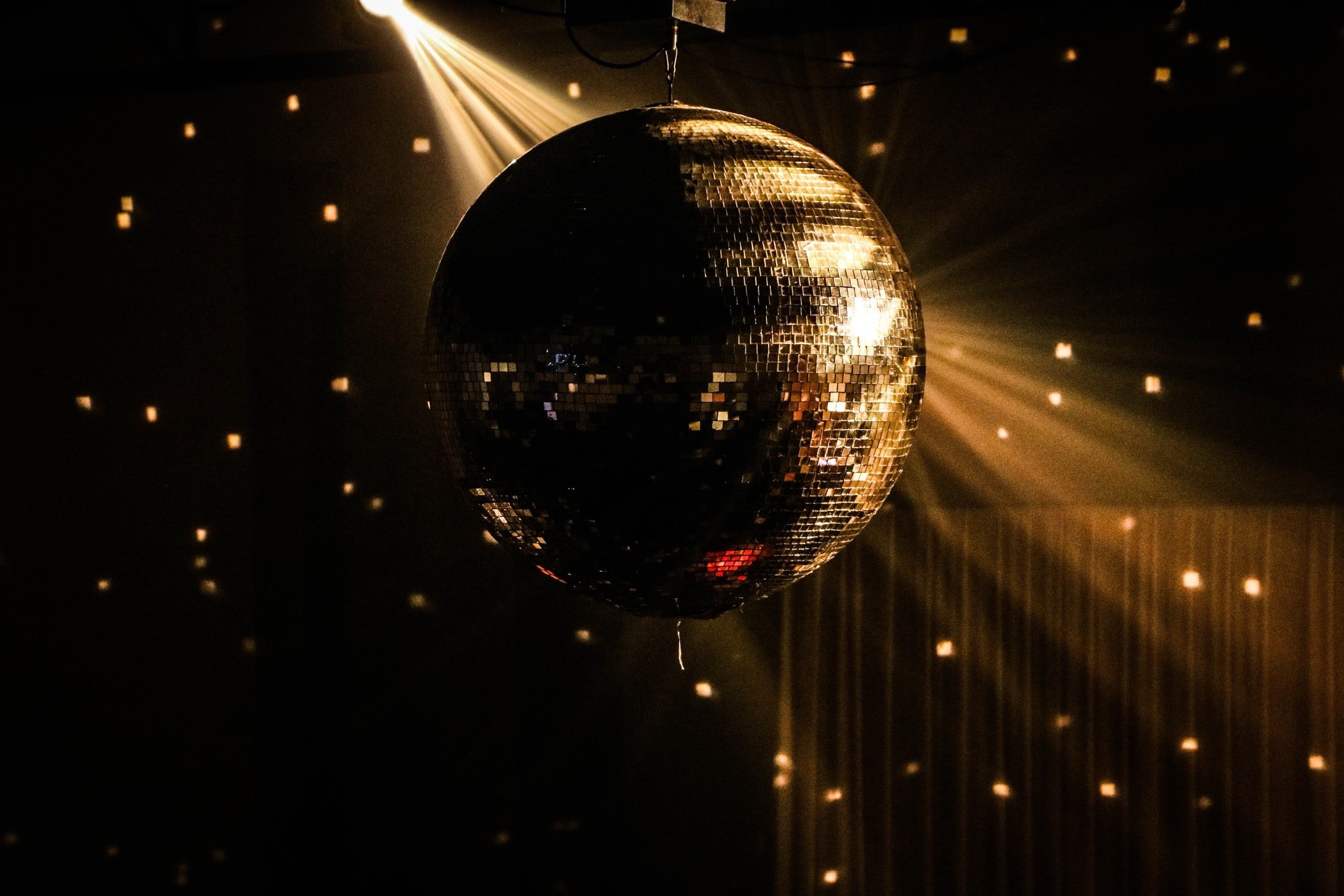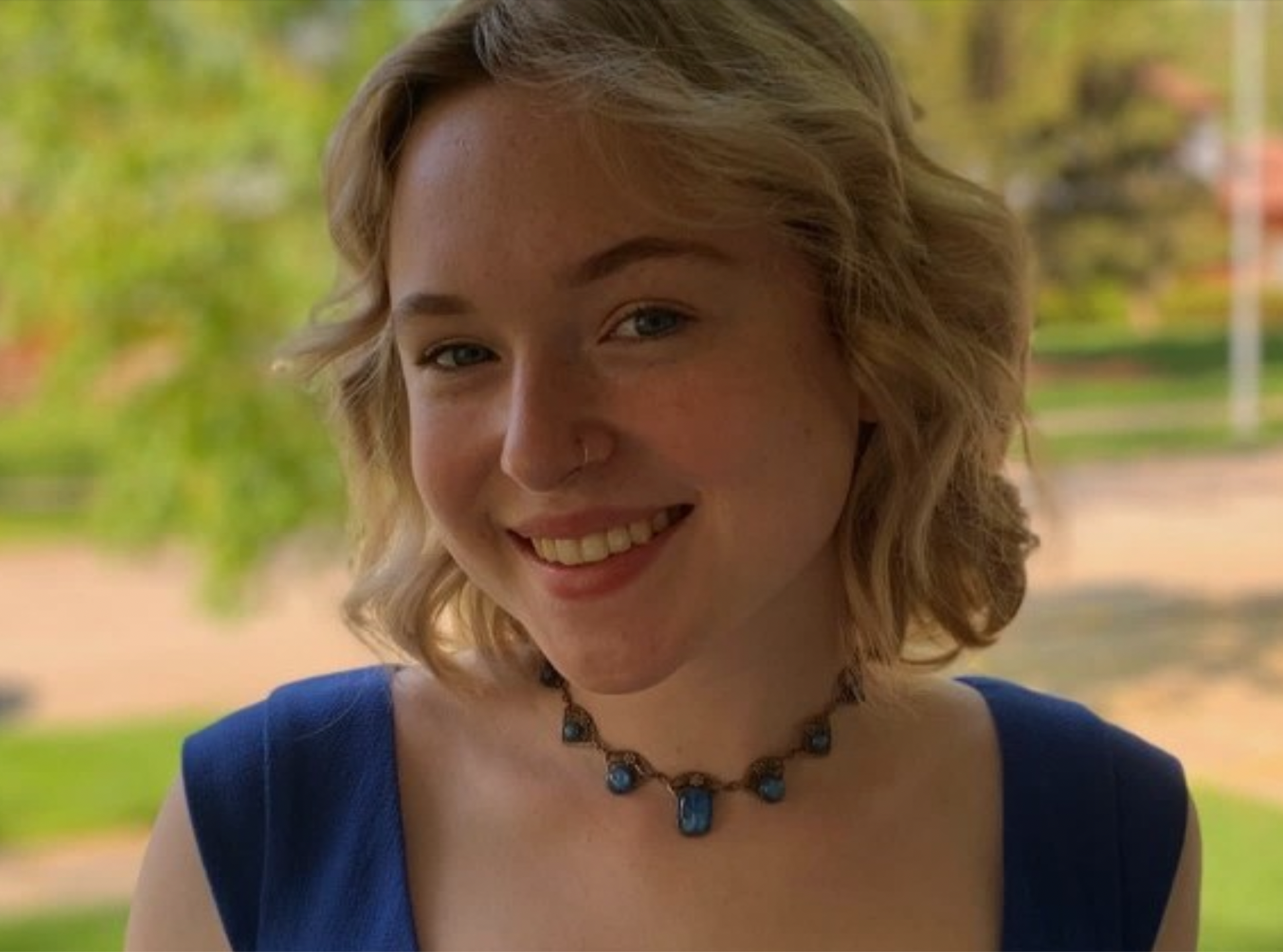
Accessing Disability Culture
Accessing Disability Culture is a reflection of experience, resistance to ableism, and documentation of disabled/neurodivergent/chronically ill/Deaf students at the University of Michigan. The idea for the project evolved over several years, but first sprouted during the Summer of 2022, when I was being mentored by Dr. Remi Yergeau through the Women and Gender Summer Fellowship Program. As a part of my project, I read Loud Hands: Autistic People Speaking, and was enamored as a young neurodivergent student, to see how artfully the “voice” of autistic identity was reclaimed and wielded by the authors of this work. Who better to tell our stories than ourselves? Just before this book, I had read Asperger’s Children, and continued diving into autistic history, consequently mourning the generations of medical abuse, social death, and erasure of autistic and other disabled kin ancestors. How, I began to wonder, are ableist structures within academic institutions, or any other institution, to change, when dominant narratives on disability are not dictated by the people they affect the most? My hope is that Accessing Disability Culture is a way of translating our realities as disabled students into the understanding of not only allies looking to contribute to the advancement of disability equity, but also to other disabled students searching for a disability cultural anchor at University of Michigan.
You will notice an array of positionalities, identities, and opinions in this anthology, which reflects the diverse nature of the disability community. Additionally, you will distinguish the variety of mediums - photography, installation, essay, poetry, digital design, and more. A prerequisite to inclusion in this collection was accessibility and freedom of diverse expression in the submission. Throughout each step of the process, accessibility experts in the Digital Accessible Futures lab worked alongside contributors to make pieces accessible. Additionally, in our call for submissions, we specifically focused on keeping prompts relatively open, noting our values for intersectional experiences and accessibility, but trusting in the direction of individual creators. As a result, the themes are nuanced and intertwined, depicting disabled embodiment and life, grappling with inaccessibility of the University as disabled students subjected to academic ableism, and asserting crip wisdom, joy, interdependency, and overall - disability culture. In Accessing Disability Culture, we control our own narratives. Disabled students of the University of Michigan celebrate community, acknowledge the distance between our current experiences and disability justice, and dream of an accessible future.
Sincerely,
Tess Carichner, lead editor of Accessing Disability Culture
Ode to Headphones
when the outside pierces the inside
car horns, shouts, bus brakes, undulating background chatter building
till annoyance becomes physical pain
my ears are folded in by my hands
my eyes are swollen in their tear-lined sockets
the vibrations that radiate from the impact of my heel on the ground are measured
with just one sound
from the conversations, the day, the peace - I am severed
my favorite gift was not very expensive
it was not trendy, then at least
it was an object and
a new way of knowing the world
over-the-ear headphones
now scratched, stickered, peeling
loved
something worn on the outside
to bring peace to
the inside
I left class one day
without them
my instructor ran after me
WAIT
what would you do without them?
some nights
they cushion my head as I drift to sleep
some evenings
they narrowly avoid water as I shower
most days
they are as essential as shoes
every day
they are a friend
a protector
About the Author
Tess Carichner (she/her) is the editor of Accessing Disability Culture, a research assistant in the Digital Accessible Futures Lab, and a junior at the University of Michigan School of Nursing. Tess' passion is in understanding ableism in healthcare spaces, especially ableism perpetuated against autistic women and gender diverse people. She hopes to pursue further education and research in relation to anti-ableist healthcare practice and curriculum. When not in class or planning her next disability justice event as the founder of Disability Justice @ Michigan, Tess can be found thrifting her outfits, listening to audiobooks, showing people pictures of her dog (Toni), and collaging with recycled books.
In Ode to Headphones (2023), Carichner reflects on a piece of technology that, while casual in presentation, actually creates sensory access in her everyday life as an autistic person. The brief interaction in which an instructor urgently recognizes a piece of "casual" tech as an assistive device is an uncommon, yet necessary example of sensory needs being validated. Lastly, Carichner reflects on the user's regard of assistive devices, as the headphones become a part of the routine, the experience, and even the user herself.
Image description: Tess is a young white person with whitish-blonde wavy hair and freckles. She is smiling at the camera and standing in front of a blurred nature-green background. Tess is wearing a blue dress and a matching blue stone choker necklace.
